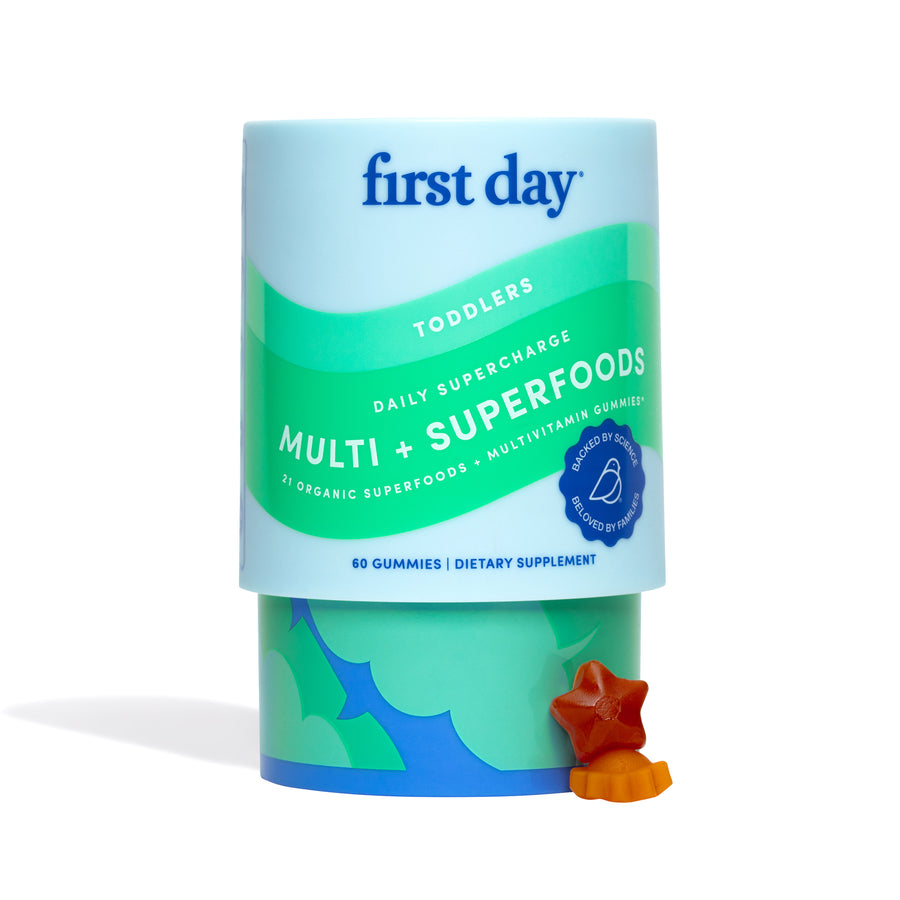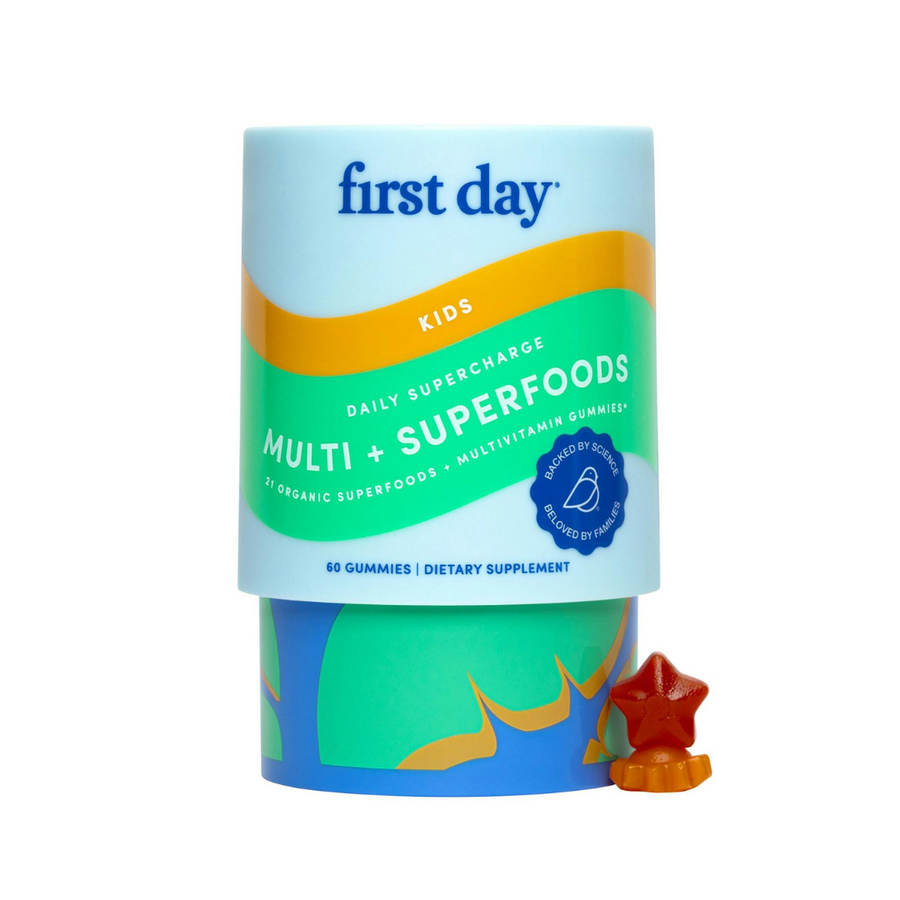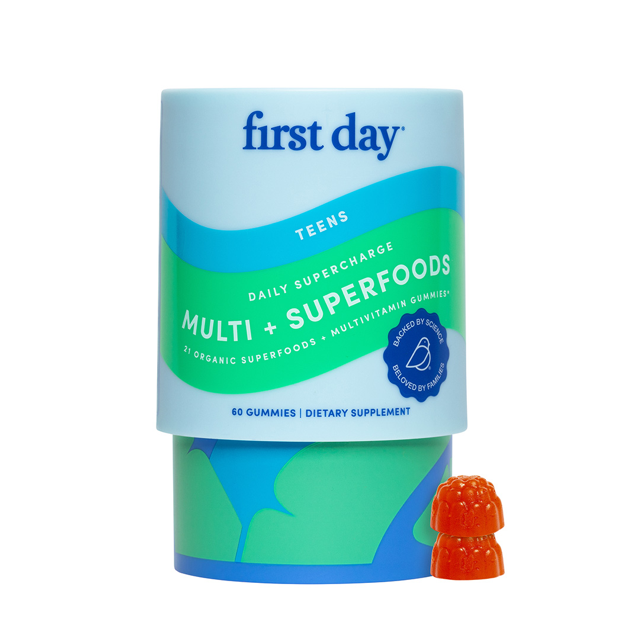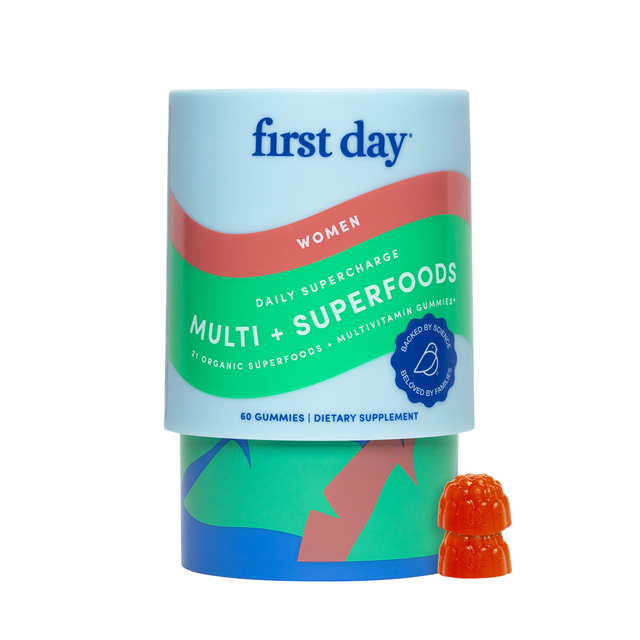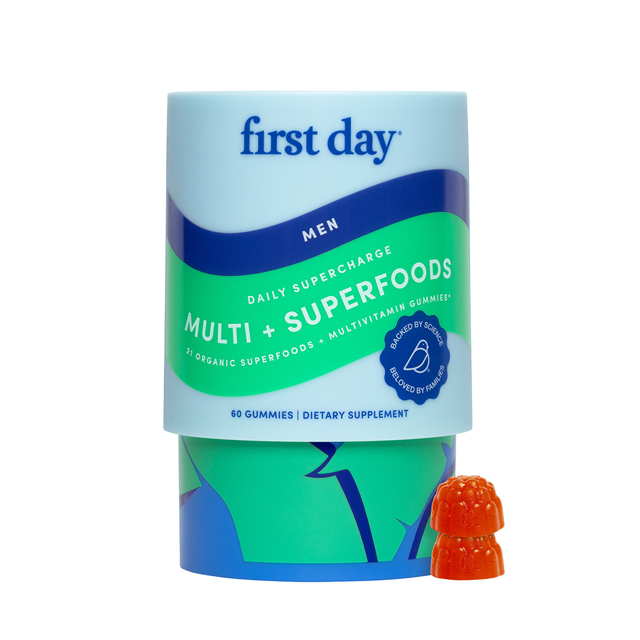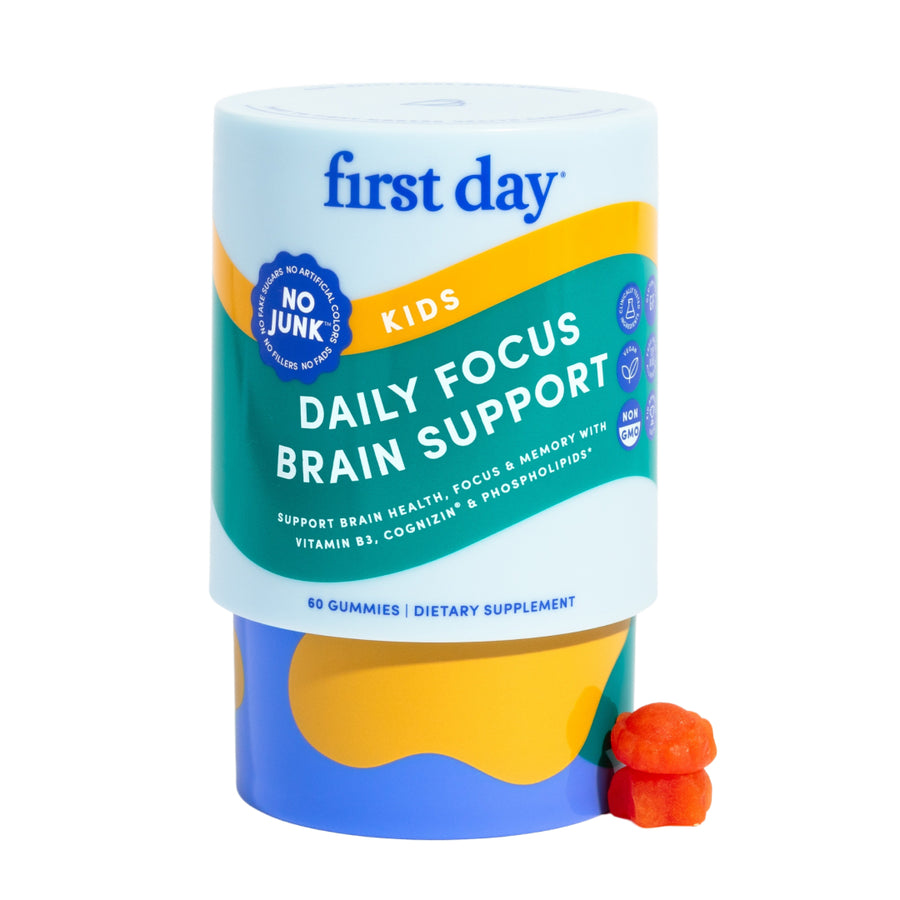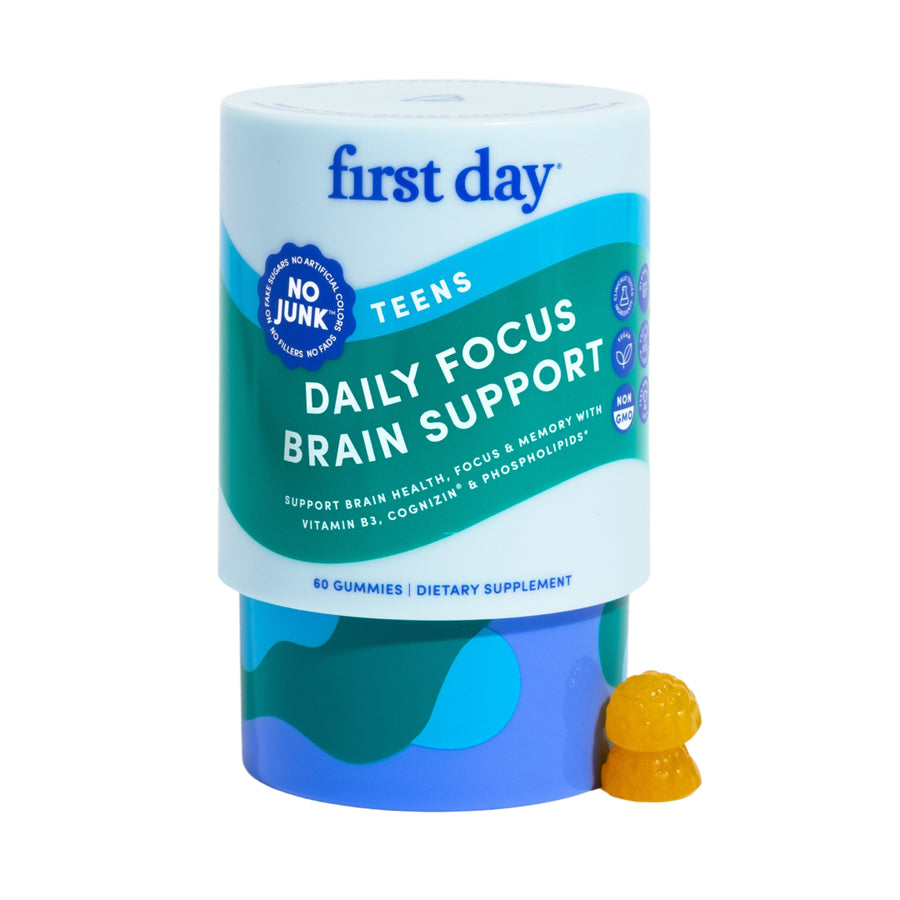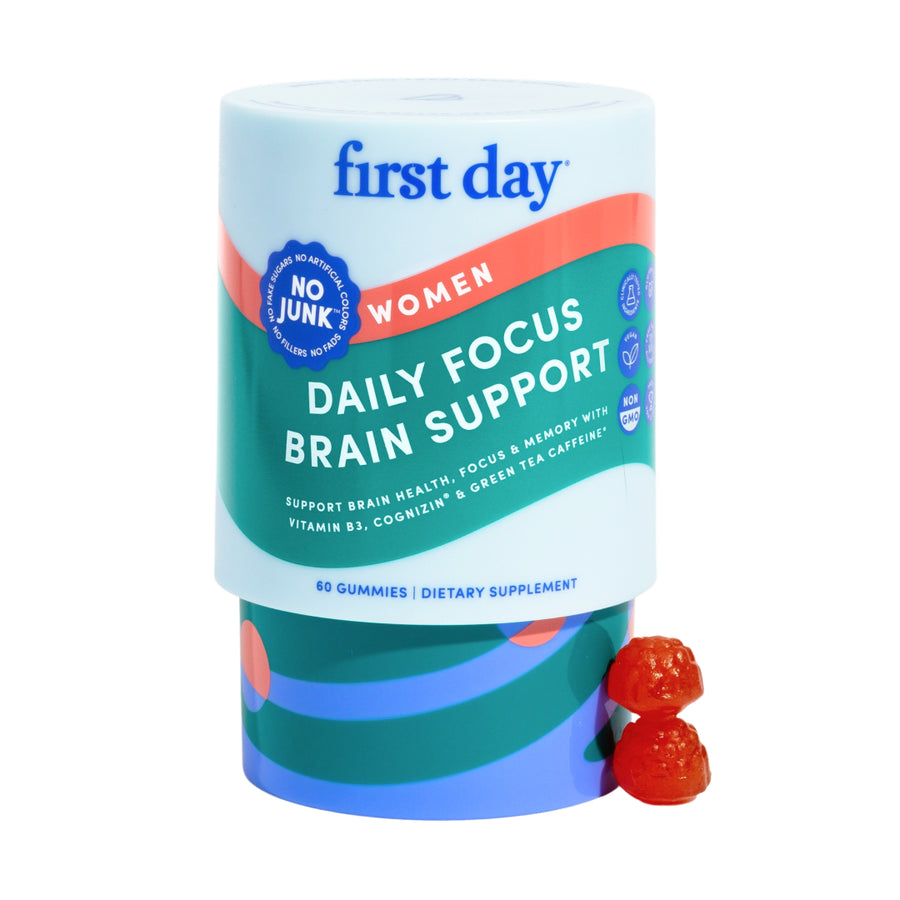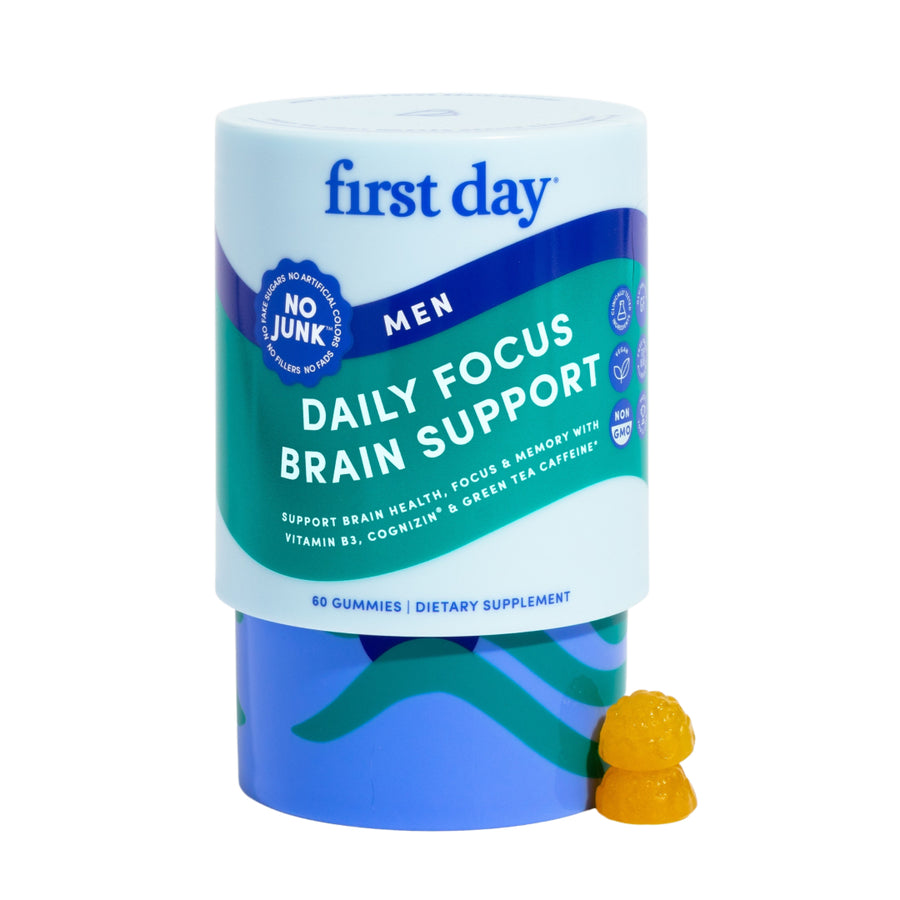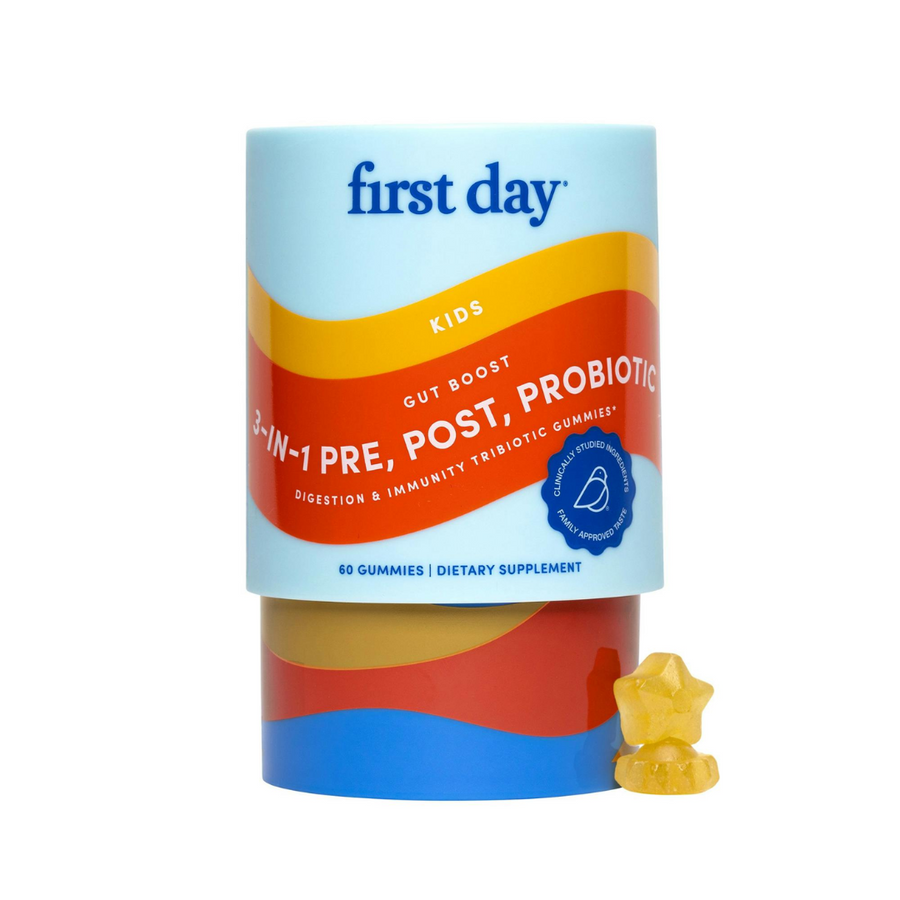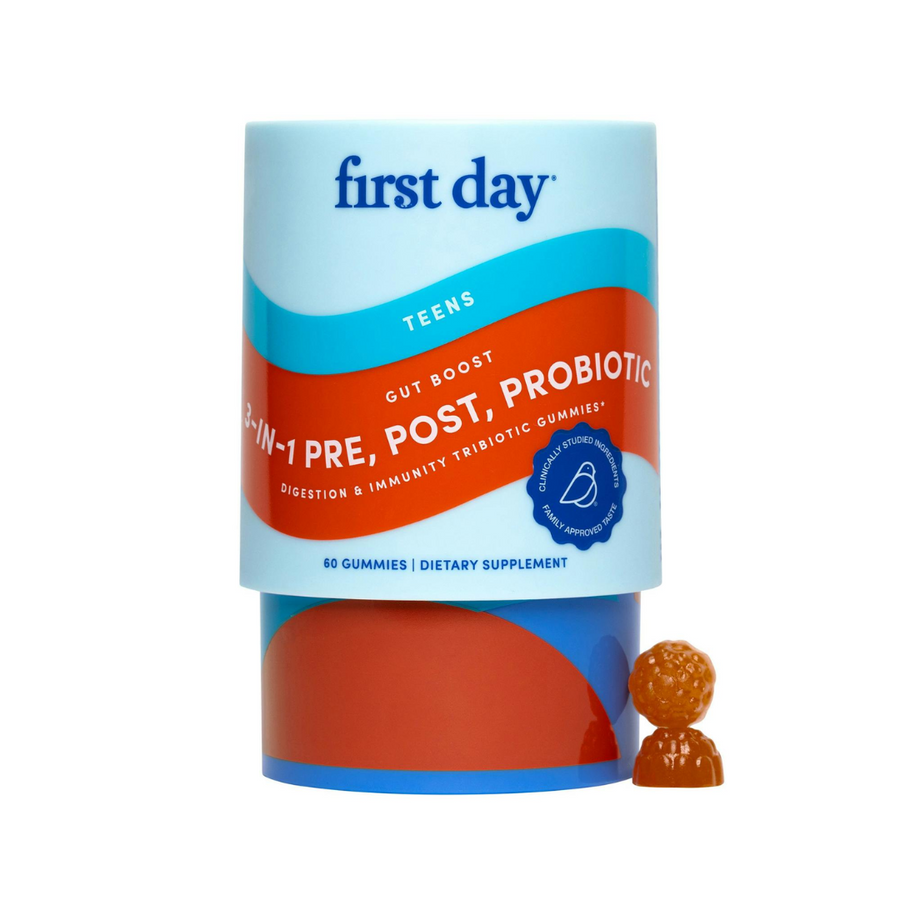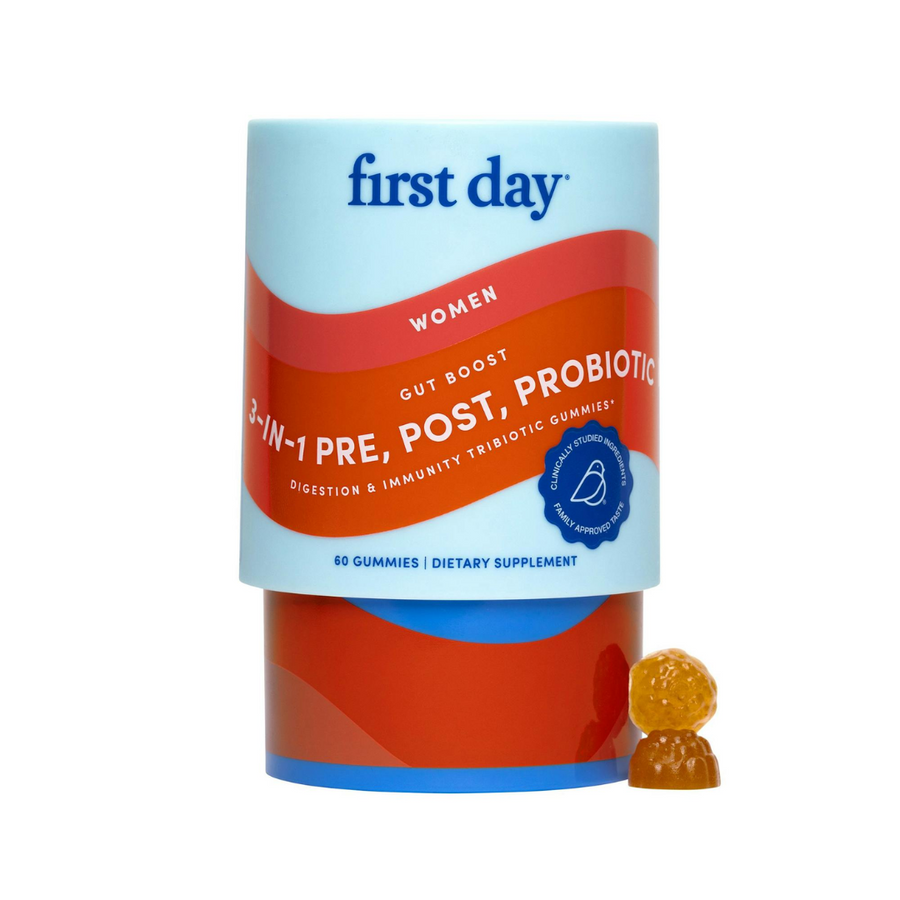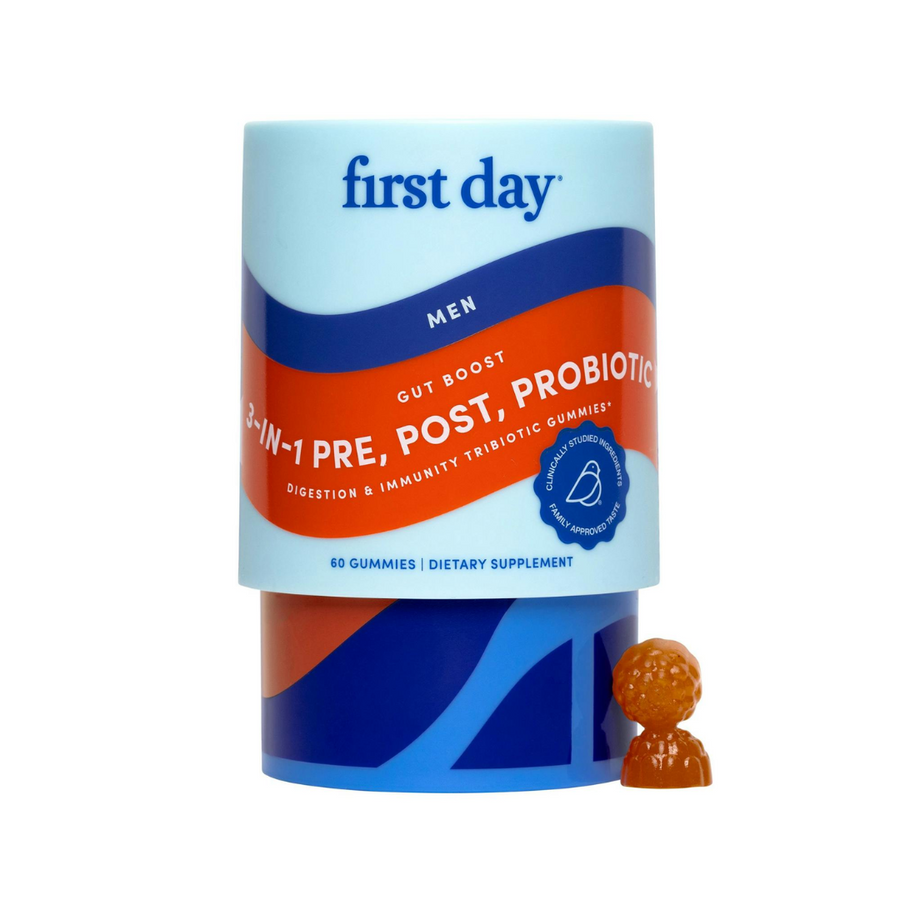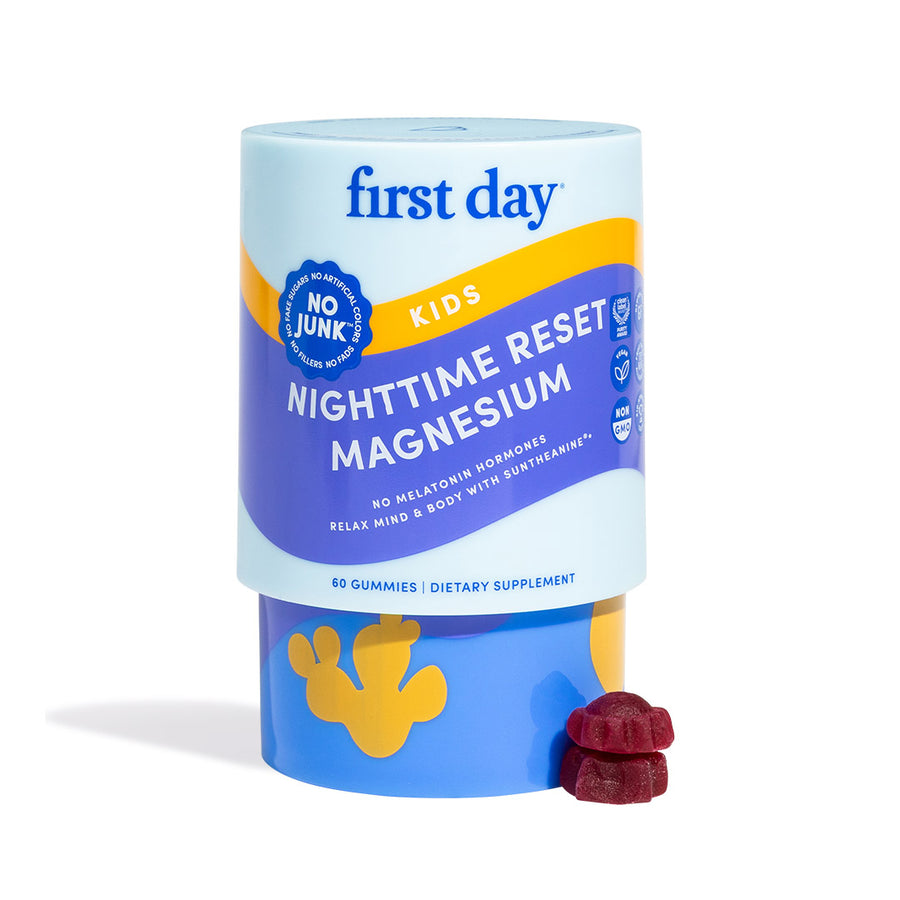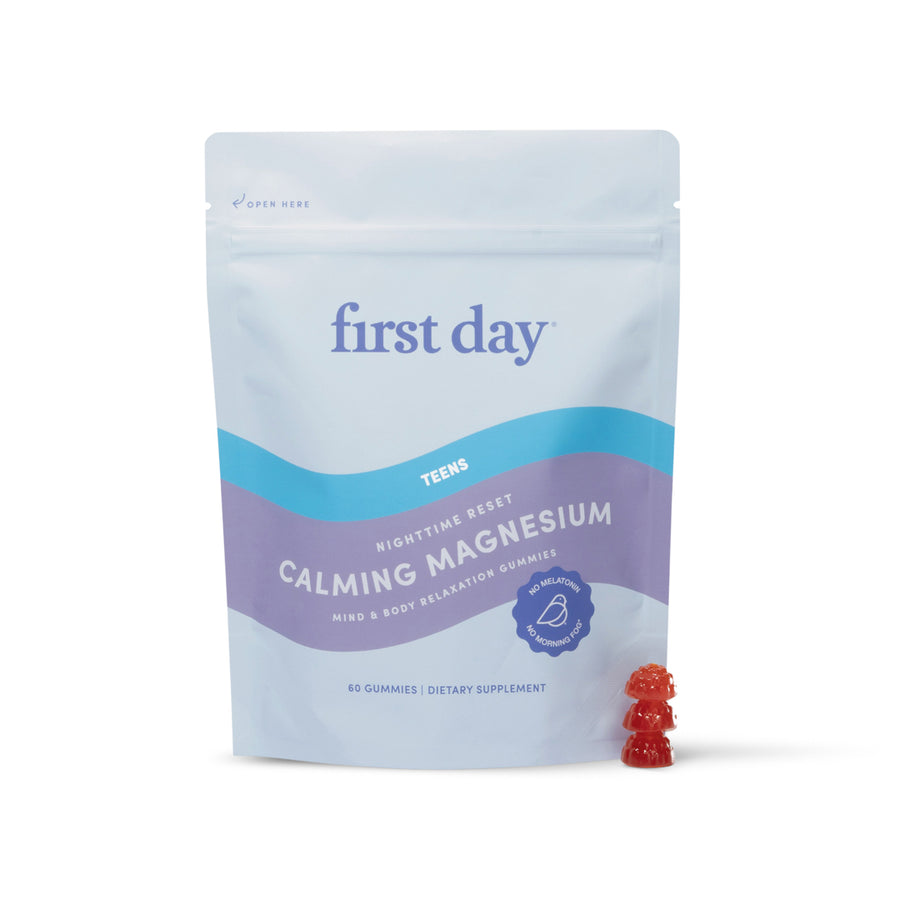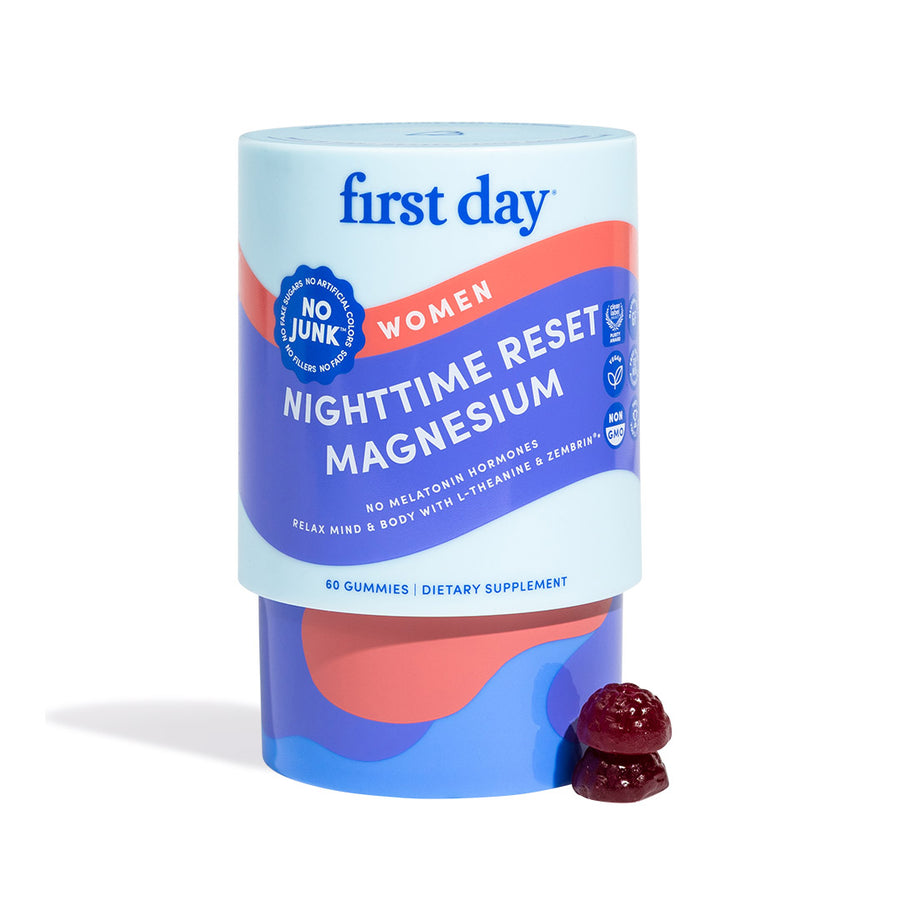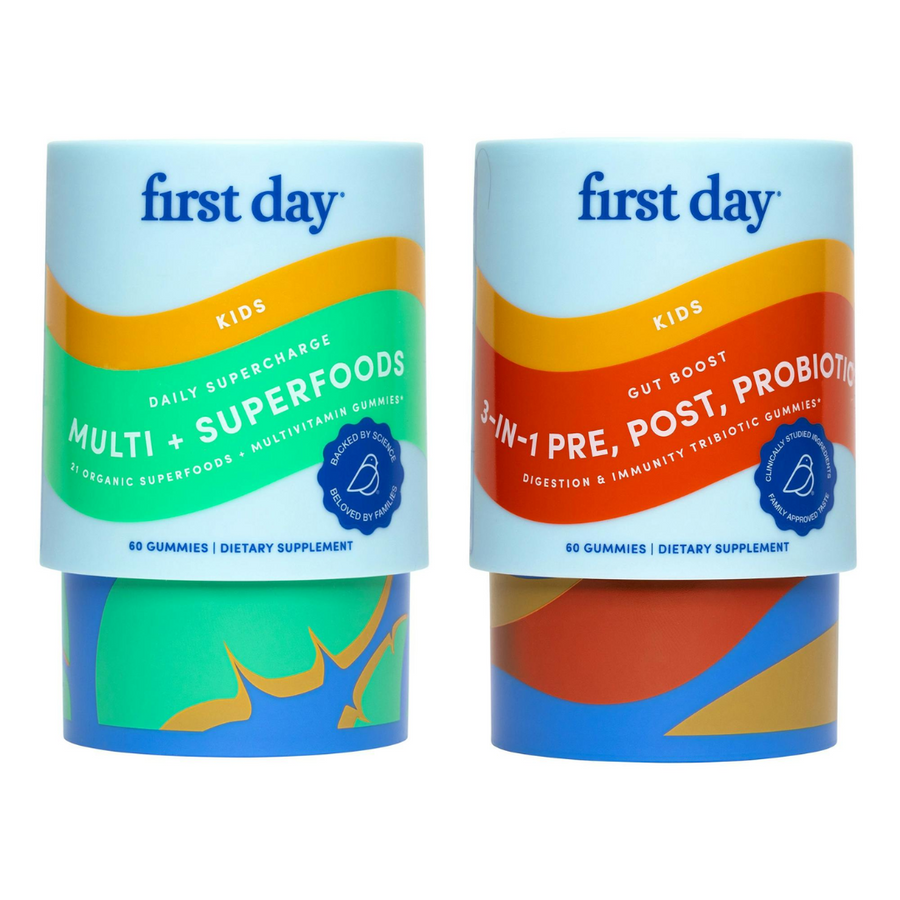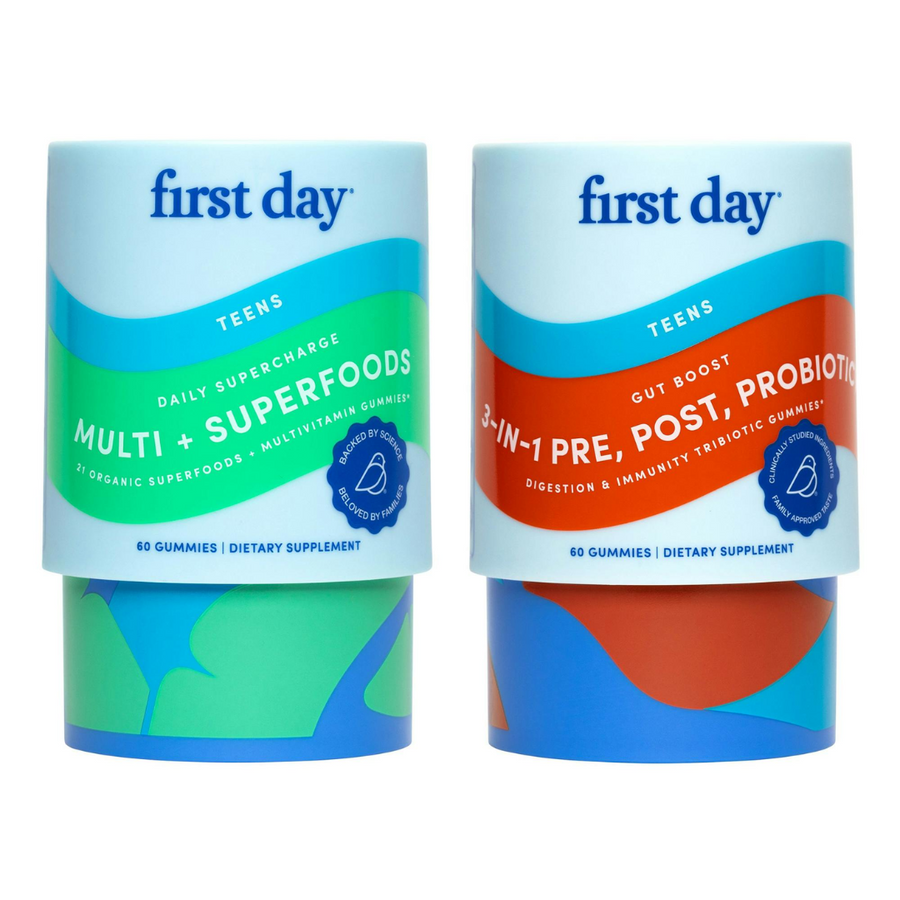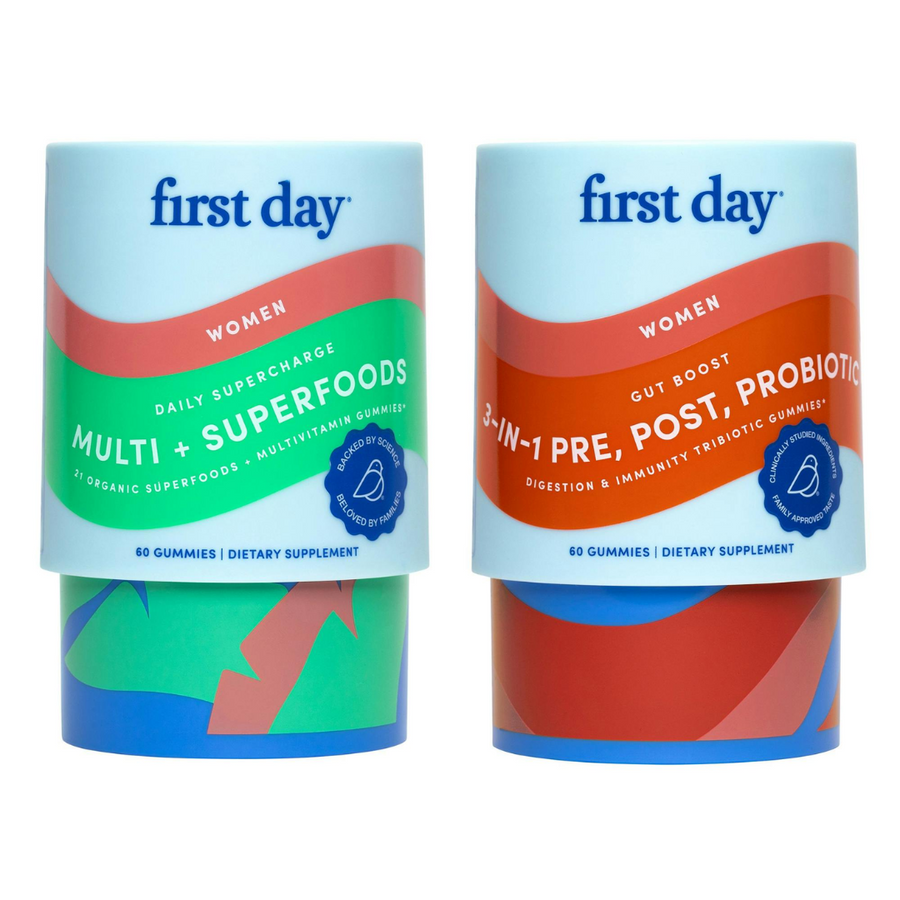Did you know that half of the world’s children under age 5 are dealing with the tricky problem - hidden hunger. Hidden hunger means that even though they are eating, their diets are still missing the essential nutrients needed for healthy growth and development. This can lead to some serious issues like slowed growth, weaker immune systems, and even cognitive problems.
So why is this happening? How can children be eating but still not getting the nutrients they need?
Let’s dive into it and find out what’s causing it and how we can make it better.
So, What is Hidden Hunger?
Hidden hunger in children is a sneaky thief that comes in the night and steals away the goodness kids need to grow up strong.
It’s not about the quantity of food they eat, it’s about the quality of the food. Imagine building a house with styrofoam vs. bricks–it won’t work!
Hidden hunger does the same to a kid’s body. It makes it weaker because it’s missing important nutrients.
And guess what?
Hidden hunger in kids isn’t a “now” problem; it can have long-lasting negative effects on your kid’s development. So, making sure kids get the right stuff in their food is super important. Since it can help their growth, brainpower, and health.
Now, Let's Talk About What Kids Need to Grow Big and Strong
Think of kids’ bodies like a colorful painting, and each nutrient is a different color. Vitamins are necessary to keep everything running.
Vitamin A helps them see better. While Vitamin C is like a shield against germs, and Vitamin D makes their bones strong .
Minerals are like quiet heroes that keep everything working. Calcium keeps bones strong, and iron helps bring oxygen all over the body.
Now, the macronutrients are proteins, carbohydrates, and fats. Proteins are like the builders of life, fixing muscles and helping us think. Fats, which sometimes get a bad rap, are like the body’s backup energy source. It also keeps the skin soft, making us warm, and helping our brains grow.
How Many Kids Are Impacted by Hidden Hunger?
Did you know that the World Health Organization has some mind-boggling stats? Over 149 million kids under five are shorter than they should be. In fact, did you know that 1 in 2 children under the age of 5 worldwide are lacking the right nutrients? Again, this is because of hidden hunger! It’s not about being short; it can mess up their health for life.
Why Do Kids Get Hidden Hunger?

To make sure kids grow strong, they need a mix of fresh foods.
Fruits and veggies give them vitamins like Vitamin C to fight germs and help their skin heal. Whole grains give them energy and keep their tummies full. Fish adds calcium, which makes bones strong. Eating all these foods is like having all the players on your team – it’s essential!
But sometimes, where we live, how much money we have, or what our families like to eat can limit our food choices. For instance, in the United States, it's often because of three main reasons:
- the kinds of food they eat
- where they get their food
- and what their families like to eat.
When money is tight, families may choose cheaper but less nutritious foods. So some of these foods may not have all the nutrients kids need. It’s like playing a game without the players – something important is missing.
What Happens When Kids Don't Get Enough Good Stuff
Hidden hunger in kids doesn’t always show up the way you’d think. Even if a kid looks full and healthy, their body might be missing important stuff. This can lead to some big problems.
Getting Sick More Often
When kids don’t get the right nutrients, their bodies can’t fight off germs and sickness as well. That means they might get sick more often and take longer to get better.
Feeling Tired and Weak
Nutrients are like the fuel that powers kids’ bodies. Without the right nutrients, they might feel tired all the time and not have enough energy to play and have fun.
Not Growing
Nutrients are the best for growing taller, stronger, and healthier. When kids don’t get enough of them, they might not grow as much as they should. That can make them shorter and weaker than other kids their age.
Bones and Teeth Trouble
Nutrients, like calcium and vitamin D, are perfect for building strong bones and teeth. Without these nutrients, kids’ bones might not grow, and their teeth might not be as strong. That can cause problems later on.
Feeling Grumpy, Sad, or Anxious
Believe it or not, what we eat can affect us. Not getting the right nutrients can make kids feel grumpy, sad, or even more stressed and anxious.
Trouble Learning and Remembering
Kids need the right nutrients to think, learn, and remember things. When kids don’t get enough of these nutrients, it can make it tough for them to focus in school. So they have problems grasping new stuff, and remembering what they’ve learned.
Spotting the Signs of Hidden Hunger in Children: Is Your Child at Risk?
Even though hidden hunger in children can be sneaky, we’ve got some tricks to uncover it! Here’s how we can figure out if a child isn’t getting all the nutrients they need:
Health Checkups
Regular visits to the doctor can help. They might ask questions about what your kid eats and how they’re feeling. These checkups can give us a good idea if the kid is getting enough nutrients.
Doctors might look for specific signs that they’re not getting enough nutrients. These methods help doctors figure out if a kid has hidden hunger. If they find that something is missing, you can work together to find ways to give the kids the nutrients they need
Growth Measurements
Doctors keep track of how kids are growing – like how tall they’re getting and how much they weigh. They will then track their measurements along with their age. This is to make sure your child is within the normal range. If a kid isn’t growing like they should, it could be a sign that they need more of the right nutrients.
Blood Tests
Sometimes, doctors take a bit of blood to tell us if there’s a lack of certain nutrients. These tests help us know if there might be a shortage of certain vitamins or minerals. So we can fix it and keep our kids feeling great.
Food Tracking
As parents, you have to write down what your kids eat in a day or a week. This helps us see if they’re eating a variety of foods with the right nutrients. It can be challenging to remember what you’ve given your kids, so find a solution that’s feasible for your life! If you like scribbling things down in the moment, put a piece of paper in a noticeable spot in your kitchen like the fridge. Or if you prefer a digital option, try a food-tracking app like Fooducate (just ignore all the weight-loss aspects geared towards adults!)
Conquering Food Hurdles: How to Eat Right and Stay Strong
Our friends at UNICEF have shown us that malnutrition isn’t about being too thin or too small. Even if a kid looks okay on the outside, they might need some extra help on the inside. But before we jump in, let’s talk about a few hurdles we need to tackle.
“Vanishing Nutrients” in Fruits and Veggies
Fruits and veggies are good for us, but sometimes it’s hard to find fresh ones packed with nutrients. Due to vanishing nutrients, some fruits and veggies have lost their superpowers over the years. One recent study revealed that folate & B vitamins like riboflavin have fallen by up to 30% in strains of rice over the years! So it can be tricky to get the good stuff your kids need.
Busy Lives and Limited Choices
Life can get super busy, and sometimes, families don’t have much time to cook healthy meals. Plus, in some places, there might not be many options for good foods. Fast food and snacks might be quick and easy, but they might not have all the things kids need.
Tight Wallets
Eating healthy can sometimes cost more, especially if your neighborhood is in a “food desert” without affordable grocery stores. Families might have to choose foods based on what they can afford. This can make it tough to buy fresh and nutritious foods.
3 Strategies for Boosting Your Child's Nutrition

But we’ve got some ideas to make sure kids get all the nutrients they need. Check them out!
Making the Most of Frozen Foods
In the middle of all that hustle and bustle, you might not always have time to cook fresh meals. That's where frozen foods come to the rescue!
But many parents don't realize the incredible benefits of frozen foods. Studies have shown that flash-frozen options can lock in essential nutrients , ensuring that your kids get the goodness they need. So, when you're short on time, don't hesitate to reach for those frozen veggies and fruits to keep your little ones nourished.
Picky Eaters? Sneak in Veggies and Fruits!
Parenting can be a real adventure, especially when you have picky eaters at home. We understand the struggle – getting your kids to eat their veggies and fruits can feel like a mission impossible!
But worry not. Here are some clever ways to make sure your kids are getting the essential nutrients they need, even if they're not the biggest fans of greens and fruits:
- Smoothie Magic: Blend some spinach, berries, and a banana into a delicious smoothie. They'll never guess the veggies are in there!
- Super Sneaky Sauces: Add finely chopped veggies like carrots, zucchini, or bell peppers into pasta sauces or meatballs. They'll be too busy enjoying the flavors to notice the extra veggies.
- Soup Secrets: Whip up a tasty vegetable soup with ingredients like potatoes, carrots, and peas. It's a warm and comforting way to sneak in those nutrients.
- Fruity Surprises: Mix some diced fruits into your kids' cereal or yogurt. They'll love the sweet surprise in every bite.
Nutrients That Taste Like Fun
And don’t forget about First Day multivitamins for kids! They're like little bursts of natural goodness packed with all the essential vitamins your child needs. Not only do they taste delicious, but they also provide all the important vitamins and minerals to help your child be the best they can be. So, it's a win-win – your child gets the nutrients they need while having a tasty treat!
Supercharge Your Kids’ Nutrition with Fortified Foods and Supplements
Let’s take a closer look at two important ways we can make sure kids get all the nutrients they need.
Fortifying Foods: Boosting Your Child's Nutritional Power
Food fortification is like adding a hidden boost to regular foods. We take everyday foods like cereal, bread, or milk and add extra nutrients. This will make them even better for our bodies. This means kids can get more vitamins and minerals by eating the foods they already love.
But even though fortified foods are great, they might not have every single thing a kid needs. They’re like puzzle pieces – important, but not the whole picture.
The Power of Supplements
Even with our best efforts, kids might not get all the vitamins and minerals they need from food. That’s where supplements like First Day step in. Our multivitamins give your kid’s body the stuff it’s missing to help them grow, stay strong, and be healthy.
Remember, supplements go hand in hand with a balanced diet filled with natural foods. They make sure your kids get all the building blocks they need.
Discover the Secret to Kids' Health with First Day Daily Essentials!
Nurturing Your Kids’ Healthy Future with First Day Multivitamins
Making sure your child gets the right nutrients is like giving them a secret superpower. It strengthens their bodies, fuels their minds, and sets the stage for a life of greatness.
That’s where First Day comes in! We’re your partner in this fantastic journey. Our commitment to the finest ingredients satisfies your kids’ nutritional needs.
Choose First Day vitamins to feed their bodies while making healthy choices.
Together, we’re creating a generation of strong, vibrant, and thriving individuals!
Discover the Secret to Kids' Health with First Day Daily Essentials!
References:
U.S. Department of Health and Human Services. (n.d.). Office of dietary supplements - vitamin A and carotenoids. NIH Office of Dietary Supplements. https://ods.od.nih.gov/factsheets/VitaminA-Consumer/#:~:text=Vitamin%20A%20is%20important%20for,fruits%20and%20vegetables%20their%20color.
Carr, A. C., & Maggini, S. (2017, November 3). Vitamin C and immune function. Nutrients. https://www.ncbi.nlm.nih.gov/pmc/articles/PMC5707683/
Vitamin D for good bone health - orthoinfo - aaos. OrthoInfo. (n.d.). https://orthoinfo.aaos.org/en/staying-healthy/vitamin-d-for-good-bone-health/#:~:text=Vitamin%20D%20is%20necessary%20for,deformities%2C%20such%20as%20stooped%20posture.
The changing face of malnutrition. (n.d.). https://sites.unicef.org/features/state-of-the-worlds-children-2019-nutrition/policy-agenda/
Micronutrient deficiencies among preschool-aged children ... - the lancet. (n.d.). https://www.thelancet.com/journals/langlo/article/PIIS2214-109X(22)00367-9/fulltext
The changing face of malnutrition. (n.d.). https://sites.unicef.org/features/state-of-the-worlds-children-2019-nutrition/policy-agenda/
Suglia, E. (2018, December 10). Vanishing Nutrients. Scientific American Blog Network. https://blogs.scientificamerican.com/observations/vanishing-nutrients/
Smith, M. R., & Myers, S. S. (2019). Global Health Implications of Nutrient Changes in Rice Under High Atmospheric Carbon Dioxide. GeoHealth, 3(7), 190–200. https://doi.org/10.1029/2019gh000188
Frozen Foods: Convenient and nutritious. Academy of Nutrition and Dietetics: eatright.org. (n.d.). https://www.eatright.org/food/planning/smart-shopping/frozen-foods-convenient-and-nutritious

